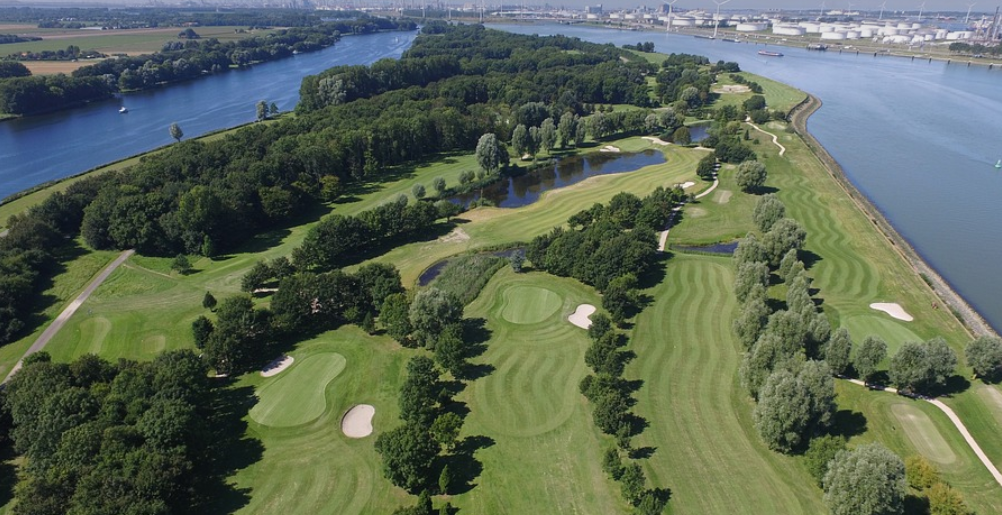
Inside the World of Sports Physiologists
We’ve all seen the athletes pushing their limits at the Olympics, dominating on the track, conquering the waves, and soaring through the air. But have you ever stopped to think about what makes those incredible feats possible? It’s not just raw talent; it’s a combination of dedication, training, and expert guidance. At the heart of this success lie the unsung heroes: sports physiologists. These brilliant minds are the driving force behind athletes reaching their full potential, ensuring every step on the journey to peak performance is carefully calculated and supported. You might find them in dedicated Olympic training centers, where they play a crucial role in shaping Olympic dreams into reality.
Imagine a team of experts who know everything about how the human body works – from muscle fibers to nerve cells. They can analyze an athlete’s physiology in detail, understanding their strengths and weaknesses, predicting potential challenges, and building personalized training plans that optimize performance.
A sports physiologist at an Olympic training center is like a detective of the human body, piecing together clues to solve a complex puzzle – how an athlete can best perform in various disciplines.
The Role of a Sports Physiologist
Their job goes far beyond simply assessing physical fitness. They’re also involved in:
- Biomechanics & Movement Analysis:
They analyze the way athletes move, studying their posture, gait, and technique to identify areas for improvement. This can include measuring stride length, analyzing rotational movement patterns, or looking at how an athlete uses their body to generate power.
- Performance Optimization:
They design bespoke training programs tailored to each athlete’s specific needs and goals. They study physiological responses to exercise, including heart rate variability, muscle fatigue, and blood lactate levels, to assess how the body adapts to different stimuli and create personalized training plans that maximize performance.
- Nutrition & Hydration:
They play a key role in shaping athletes’ diets. This involves creating individualized nutrition plans that support optimal energy levels, muscle recovery, and overall health. They may work with dieticians to develop meal plans for competitions, ensuring athletes get the right nutrients at the right time.
- Injury Prevention & rehabilitation:
They provide expert guidance on injury prevention techniques and how to prevent common sports-related injuries. This can involve designing corrective exercises, educating athletes about proper warm-up routines, or even recommending assistive devices to minimize the risk of injuries during training.
- Mental Conditioning & Performance:
They recognize that mental strength is just as important as physical fitness. They help athletes manage stress, build resilience, and focus on performance under pressure. They might use techniques like mindfulness meditation, visualization exercises, or cognitive behavioral therapy to develop self-awareness and confidence.
The work of a sports physiologist goes beyond the gym; they become extensions of the athlete’s team, providing a holistic approach to athletic performance. It’s about understanding athletes not just physically but also mentally and emotionally.
The Impact on Athletes
Think of it this way: A sports physiologist is like an architect designing a building for peak performance. They meticulously study the structure, the foundation, and the building materials to ensure everything works in harmony. And just like that building’s success depends on its design, athletes rely heavily on the expertise of these specialists to reach their full potential.
The impact is clear: athletes perform at their best, pushing past limits they didn’t even know existed. Through meticulous analysis and personalized guidance, sports physiologists help athletes unlock hidden talent and achieve extraordinary feats.
The Future of Sports Physiologists
As technology advances in the world of sports, so too does the role of sports physiologists. The future is exciting! Advancements in wearable technology like heart rate monitors and bio-feedback devices are transforming how athletes train and recover. These new tools provide more data than ever before, allowing athletes to personalize training plans even further, ensuring optimal performance.
And as the world of sports continues to evolve, so too will the role of sports physiologists. They’re constantly adapting and expanding their knowledge base, embracing new technologies, and developing innovative solutions to help athletes achieve peak performance.



